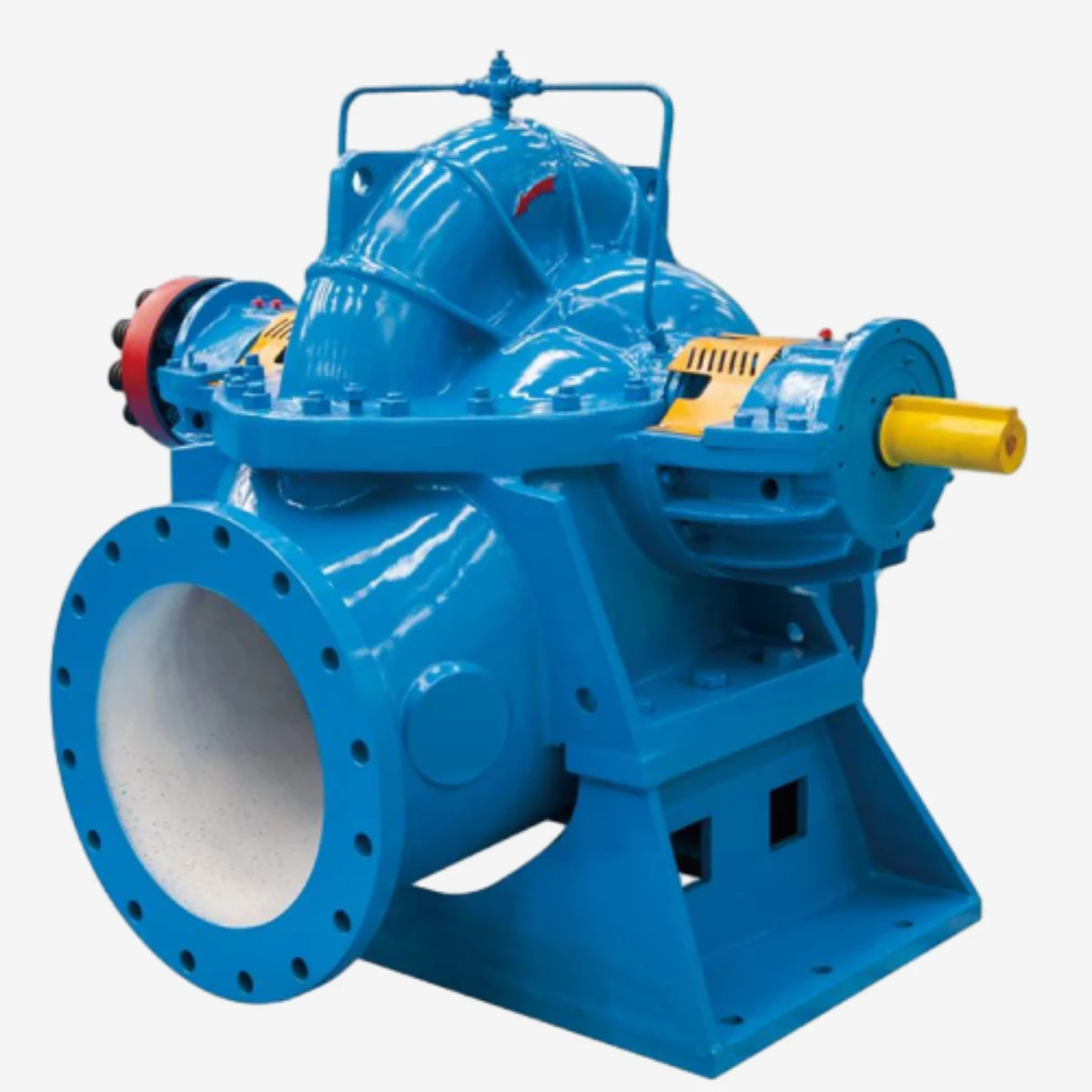English
- Afrikaans
- Albanian
- Amharic
- Arabic
- Armenian
- Azerbaijani
- Basque
- Belarusian
- Bengali
- Bosnian
- Bulgarian
- Catalan
- Cebuano
- Corsican
- Croatian
- Czech
- Danish
- Dutch
- English
- Esperanto
- Estonian
- Finnish
- French
- Frisian
- Galician
- Georgian
- German
- Greek
- Gujarati
- Haitian Creole
- hausa
- hawaiian
- Hebrew
- Hindi
- Miao
- Hungarian
- Icelandic
- igbo
- Indonesian
- irish
- Italian
- Japanese
- Javanese
- Kannada
- kazakh
- Khmer
- Rwandese
- Korean
- Kurdish
- Kyrgyz
- Lao
- Latin
- Latvian
- Lithuanian
- Luxembourgish
- Macedonian
- Malgashi
- Malay
- Malayalam
- Maltese
- Maori
- Marathi
- Mongolian
- Myanmar
- Nepali
- Norwegian
- Norwegian
- Occitan
- Pashto
- Persian
- Polish
- Portuguese
- Punjabi
- Romanian
- Russian
- Samoan
- Scottish Gaelic
- Serbian
- Sesotho
- Shona
- Sindhi
- Sinhala
- Slovak
- Slovenian
- Somali
- Spanish
- Sundanese
- Swahili
- Swedish
- Tagalog
- Tajik
- Tamil
- Tatar
- Telugu
- Thai
- Turkish
- Turkmen
- Ukrainian
- Urdu
- Uighur
- Uzbek
- Vietnamese
- Welsh
- Bantu
- Yiddish
- Yoruba
- Zulu
Telephone: +86 13120555503
Email: frank@cypump.com
Nov . 11, 2024 15:45 Back to list
submersible sewer pump
The Essential Role of Submersible Sewer Pumps in Modern Wastewater Management
In the realm of wastewater management, submersible sewer pumps are pivotal in ensuring the efficient and effective handling of sewage and wastewater. These specialized pumps are designed to be submerged beneath the water's surface, making them an indispensable tool in various applications, including residential areas, commercial buildings, and industrial facilities. Understanding their operation, benefits, and applications can help stakeholders make informed decisions regarding their wastewater management systems.
What is a Submersible Sewer Pump?
Submersible sewer pumps are electric pumps specifically designed to function underwater. Unlike conventional pumps that sit above the liquid level, these pumps are completely submerged and draw fluids through a submerged inlet. Their construction typically includes a sealed motor that is waterproof, preventing damage from the liquid they are pumping. The primary function of these pumps is to transport sewage and wastewater from lower levels to higher elevations, often toward a treatment facility or septic tank.
Mechanism of Operation
The operation of a submersible sewer pump is relatively straightforward. When the pump is turned on, the impeller inside the pump spins, creating a difference in pressure that draws the sewage from the inlet into the pump. This mixture of water, waste, and other solids is then forced out through a discharge pipe. The pump's design allows it to handle solids and debris, making it suitable for transferring raw sewage without clogging. Many submersible pumps are also equipped with a float switch that automatically turns the pump on and off based on the water level, ensuring efficient operation without manual intervention.
Advantages of Submersible Sewer Pumps
1. Space Efficiency Since submersible pumps are installed below the surface, they do not occupy valuable above-ground space, making them ideal for locations with limited space.
2. Reduced Noise Being submerged in water, these pumps operate quietly, significantly reducing noise pollution compared to surface pumps.
4. Minimal Maintenance Many submersible pumps require less maintenance compared to traditional pumps, as they are less exposed to environmental factors that could lead to wear and tear.
submersible sewer pump

5. Versatility These pumps can be used in various settings, from municipal wastewater treatment plants to residential septic systems, making them highly adaptable.
Applications of Submersible Sewer Pumps
Submersible sewer pumps are employed in numerous applications, including
- Residential Sewage Systems Homeowners often use submersible pumps in basement sewage systems or when building in low-lying areas that do not easily drain.
- Municipal Wastewater Treatment Cities and towns utilize these pumps in their collective sewer systems to move waste to treatment facilities efficiently.
- Industrial Waste Management Factories and industrial facilities often produce large quantities of wastewater that require effective pumping solutions, making submersible pumps a necessity.
- Construction Sites During construction, managing groundwater and other fluids is crucial, and submersible pumps provide an effective solution for dewatering.
Future Outlook
As urban populations continue to grow and the demand for efficient wastewater management solutions increases, the importance of submersible sewer pumps is only expected to rise. Innovations in pump technology, such as improved energy efficiency, advanced monitoring systems, and enhanced materials for durability, will further refine the effectiveness of these pumps.
In conclusion, submersible sewer pumps are integral to modern wastewater management systems, offering a combination of efficiency, versatility, and reduced environmental impact. Their ability to operate effectively in challenging conditions makes them a go-to choice for various applications, highlighting their essential role in maintaining public health and environmental sustainability. As technology progresses, these pumps will likely continue to evolve, providing even more effective and reliable solutions for wastewater management.
-
Horizontal Split Case Pump with GPT-4 Turbo | High Efficiency
NewsAug.01,2025
-
ISG Series Pipeline Pump - Chi Yuan Pumps | High Efficiency, Durable Design
NewsAug.01,2025
-
Advanced Flue Gas Desulfurization Pump with GPT-4 Turbo | Durable & Efficient
NewsJul.31,2025
-
ISG Series Vertical Pipeline Pump - Chi Yuan Pumps | Advanced Hydraulic Design&Durable Construction
NewsJul.31,2025
-
ISG Series Vertical Pipeline Pump - Chi Yuan Pumps | Energy Efficient & Low Noise
NewsJul.31,2025
-
pipeline pump - Chi Yuan Pumps Co., LTD.|High Efficiency&Low Noise
NewsJul.31,2025










